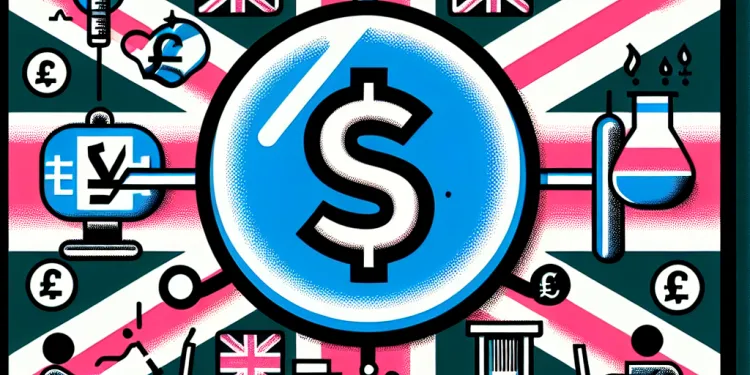
Find A Professional
More Items From Ergsy search
-
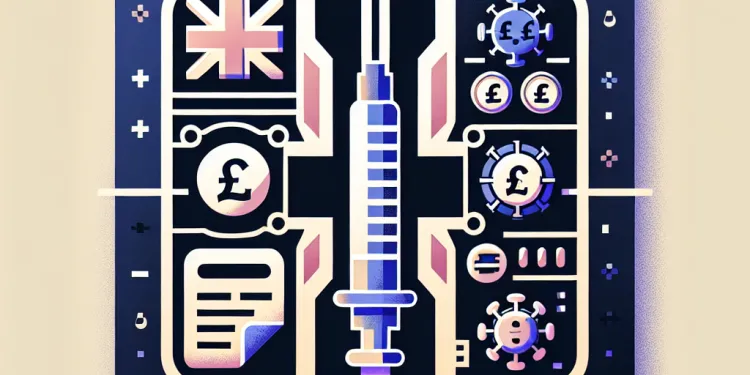
What are the different types of vaccines?
Relevance: 100%
-
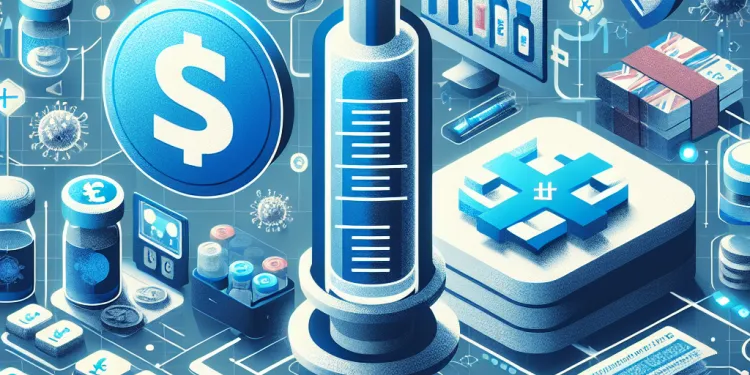
What steps can improve vaccine effectiveness?
Relevance: 91%
-
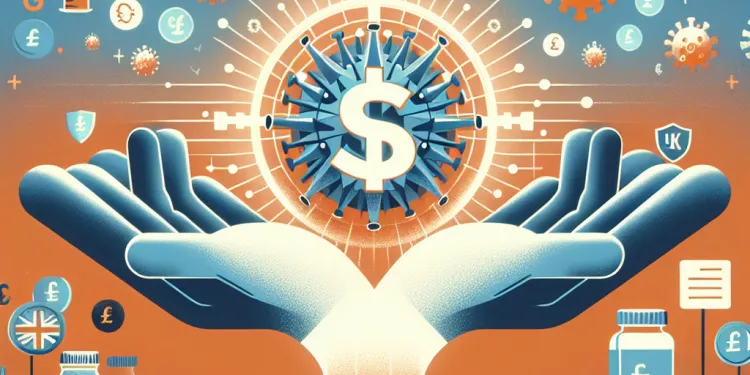
Can everyone receive vaccines?
Relevance: 91%
-
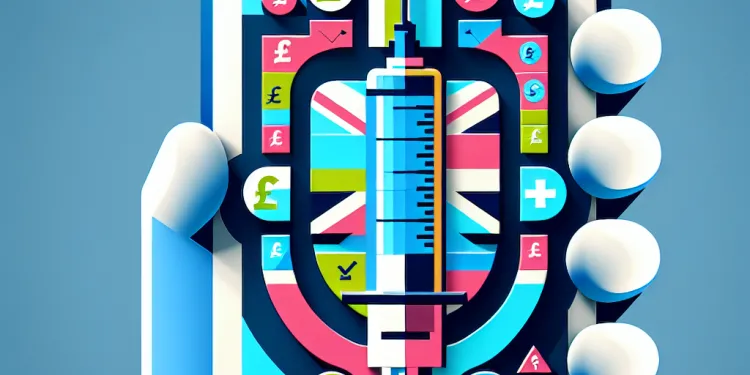
Are vaccines safe?
Relevance: 85%
-

What is a subunit vaccine?
Relevance: 85%
-
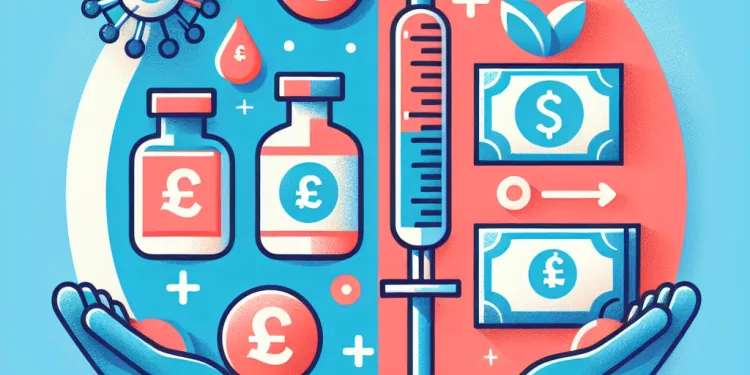
How effective is the flu vaccine?
Relevance: 84%
-
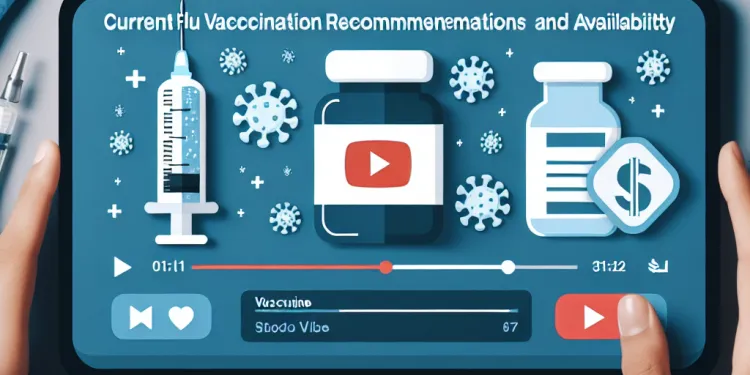
Current Flu Vaccination Recommendations and Availability
Relevance: 83%
-
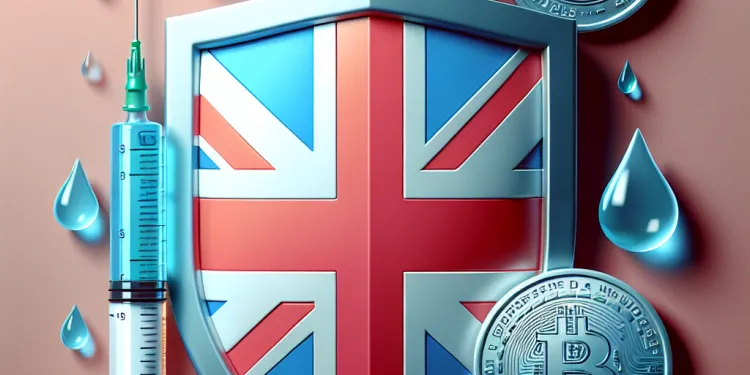
Can vaccines cause the diseases they protect against?
Relevance: 82%
-
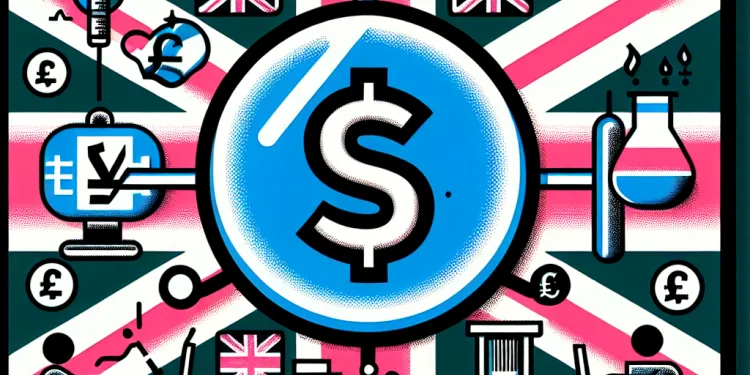
Why do vaccinated people sometimes still get sick?
Relevance: 80%
-
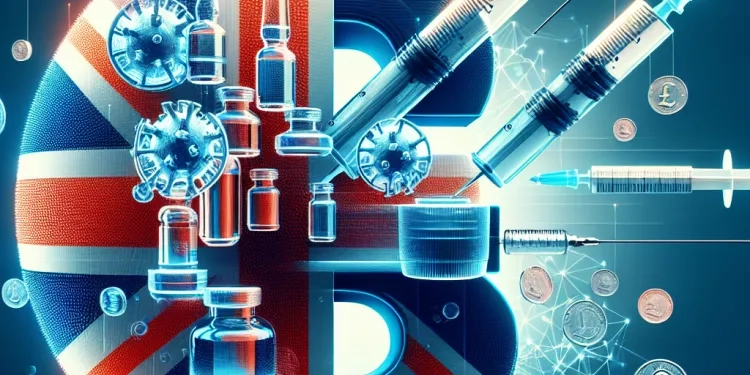
What are vaccines and how do they work?
Relevance: 79%
-
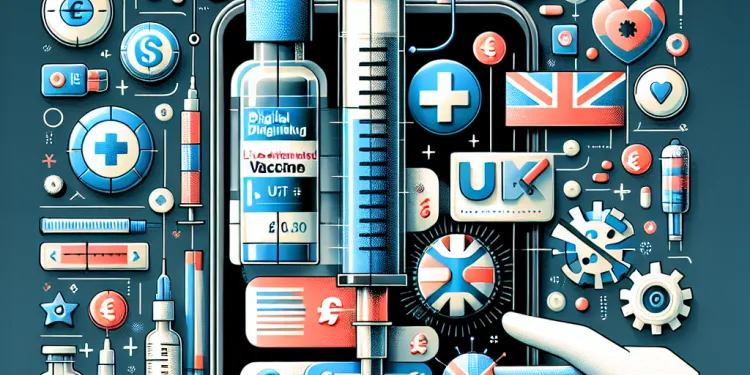
What is a live-attenuated vaccine?
Relevance: 79%
-
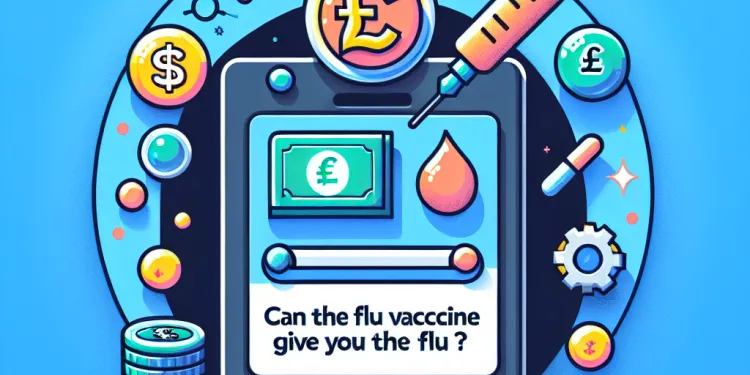
Can the flu vaccine give me the flu?
Relevance: 78%
-
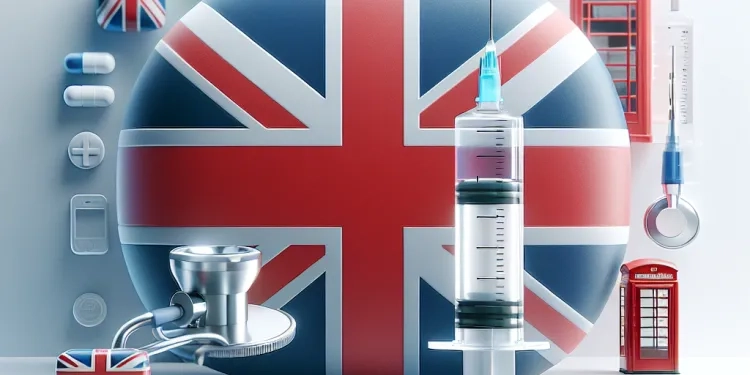
What if I'm not eligible for a free flu vaccine, can I still get vaccinated?
Relevance: 77%
-
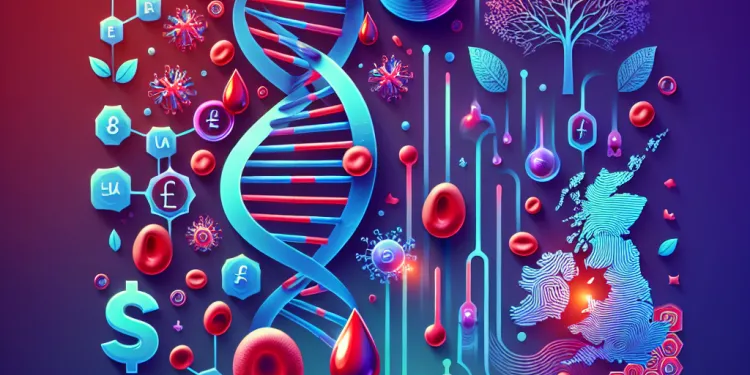
How is sickle cell disease inherited?
Relevance: 76%
-
Does the flu vaccine protect against COVID-19?
Relevance: 76%
-
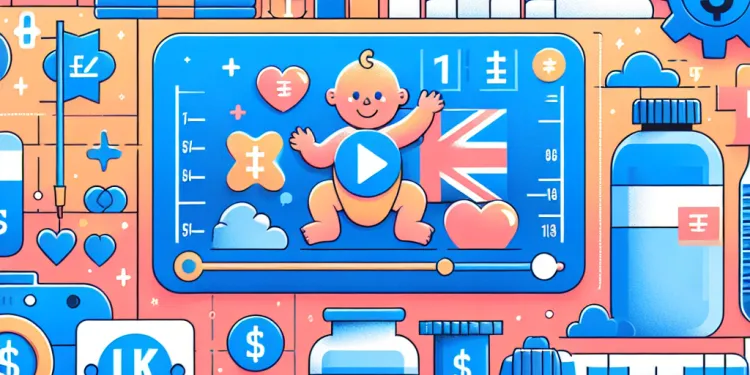
Children's Vaccination Schedule
Relevance: 75%
-
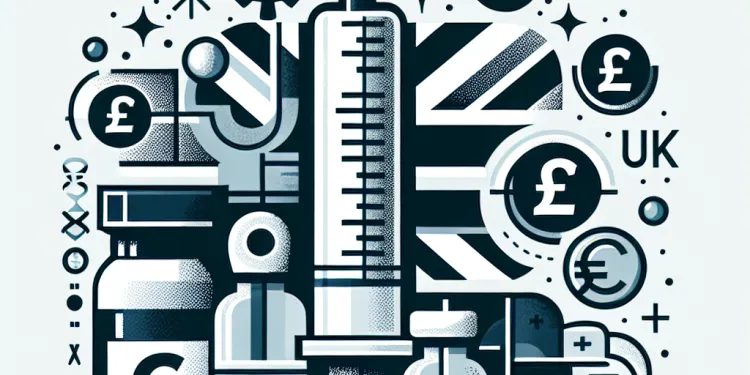
Is the flu vaccine free for everyone in the UK?
Relevance: 75%
-
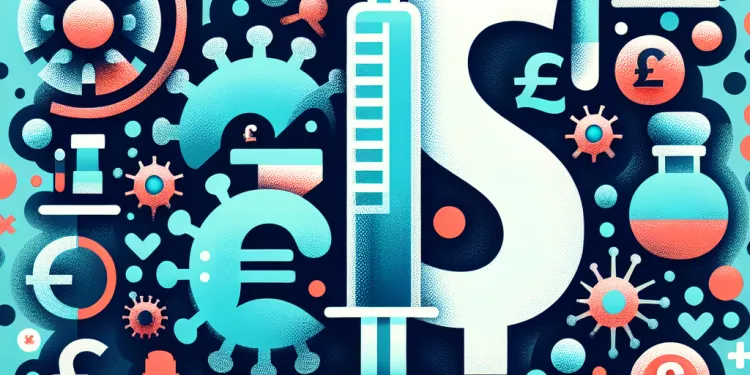
How does vaccination affect measles rates?
Relevance: 74%
-
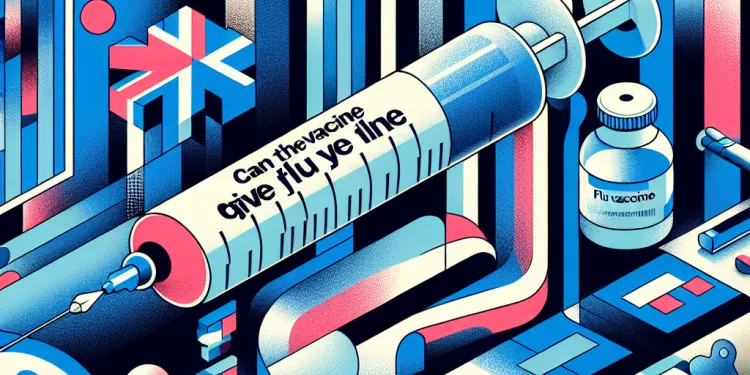
Can the flu vaccine give you the flu?
Relevance: 72%
-

When is the best time to get the flu vaccine?
Relevance: 72%
-
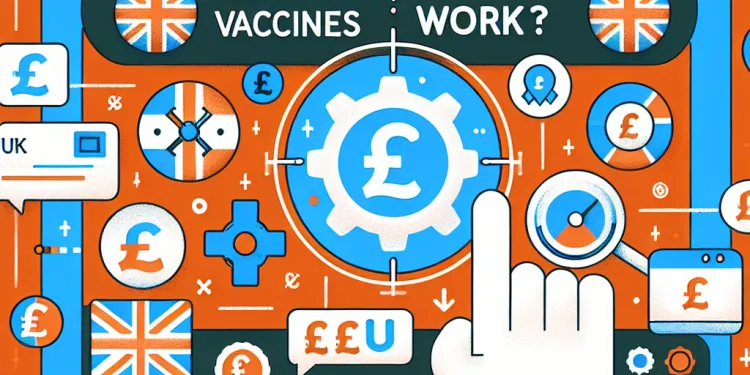
How do vaccines work?
Relevance: 70%
-
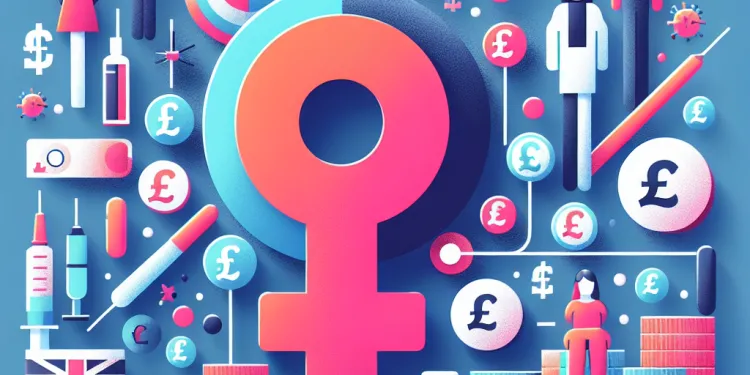
Surge in HPV Vaccination Rates Among Young Women in the UK
Relevance: 70%
-
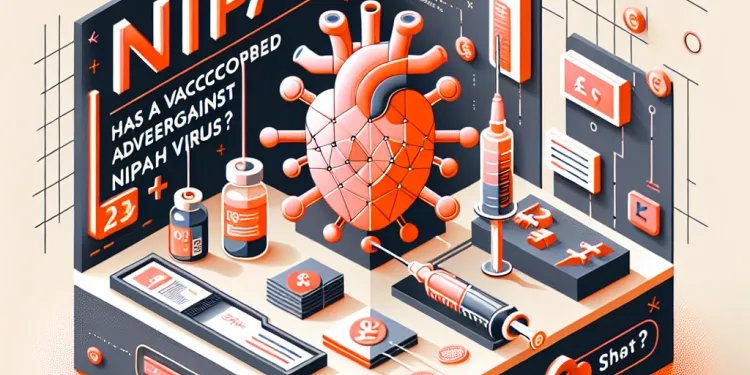
Has a vaccine been developed against Nipah Virus?
Relevance: 70%
-
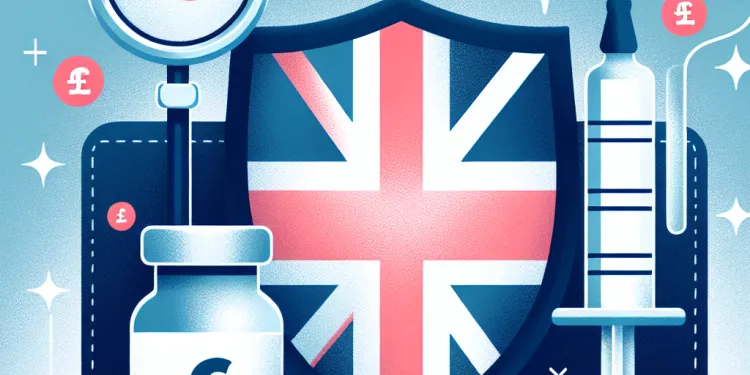
Why are vaccines important?
Relevance: 70%
-
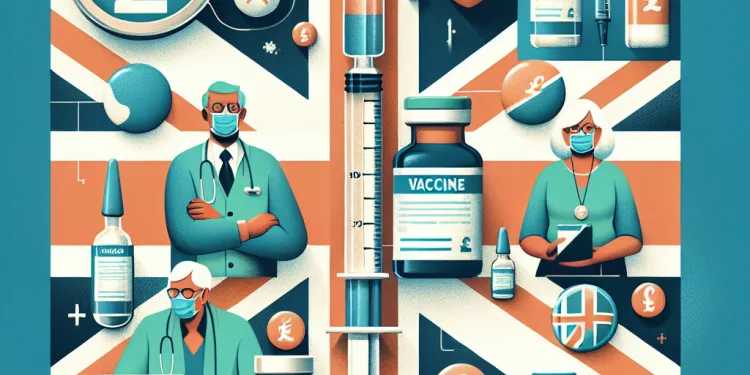
Why do some vaccines require multiple doses?
Relevance: 69%
-
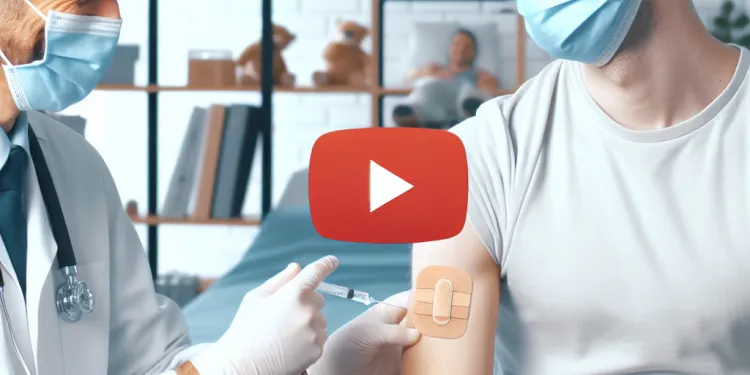
Can adults receive the MMR vaccine?
Relevance: 69%
-
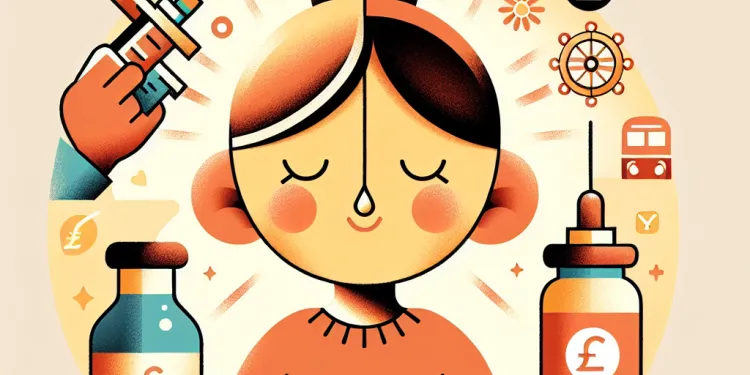
Can children receive the flu vaccine as a nasal spray?
Relevance: 69%
-
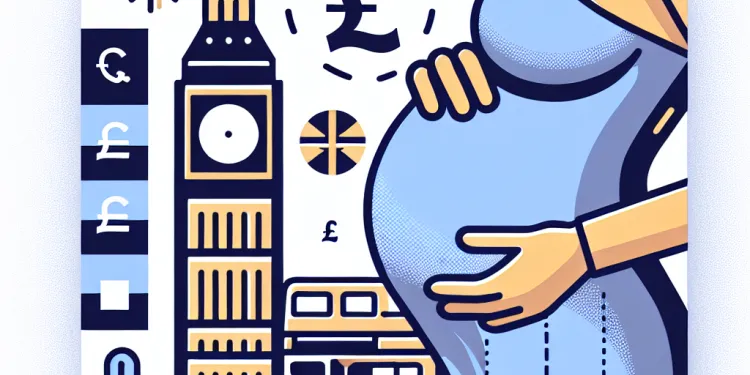
Can pregnant women get the flu vaccine?
Relevance: 69%
-
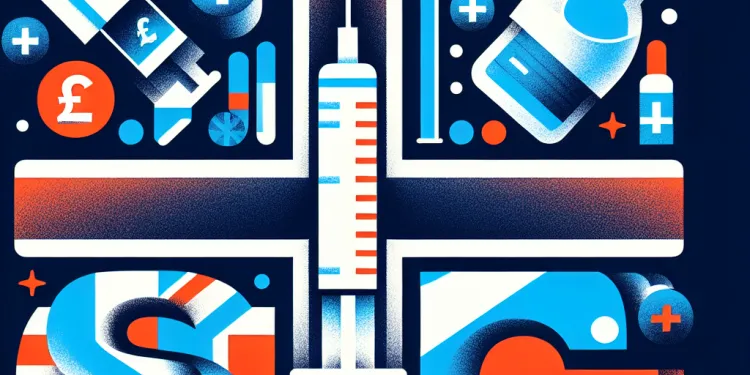
How long does it take for the flu vaccine to become effective?
Relevance: 68%
-
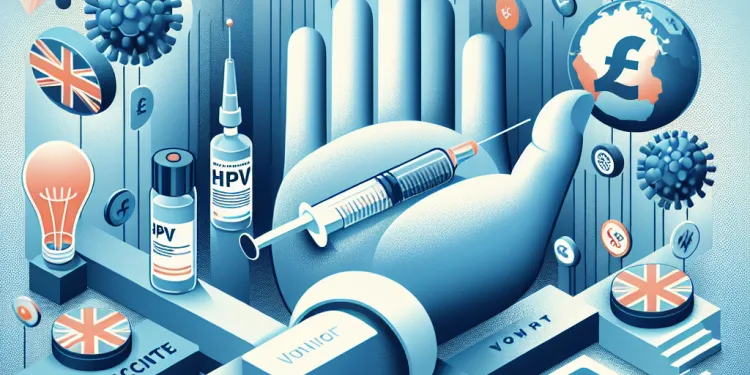
Who should get the HPV vaccine?
Relevance: 67%
-
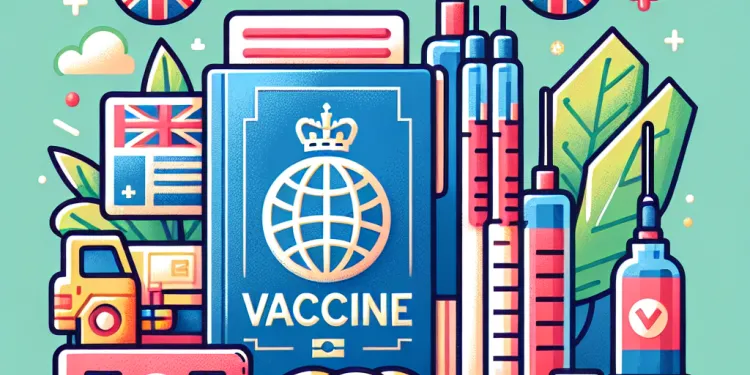
Do I need any vaccine injections for EU countries?
Relevance: 66%
-

What if I have an egg allergy, can I still get the flu vaccine?
Relevance: 66%
-
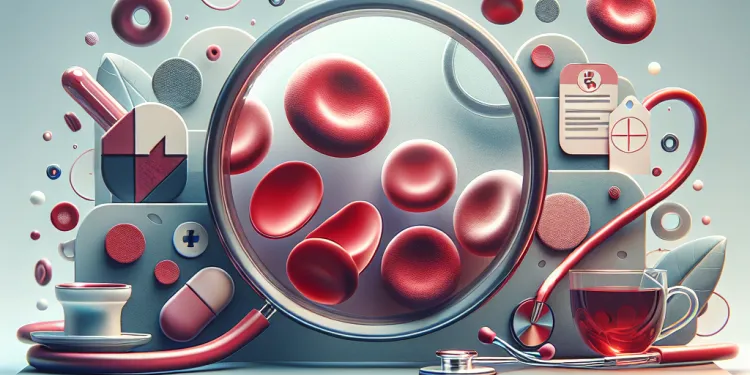
What is sickle cell disease?
Relevance: 66%
-
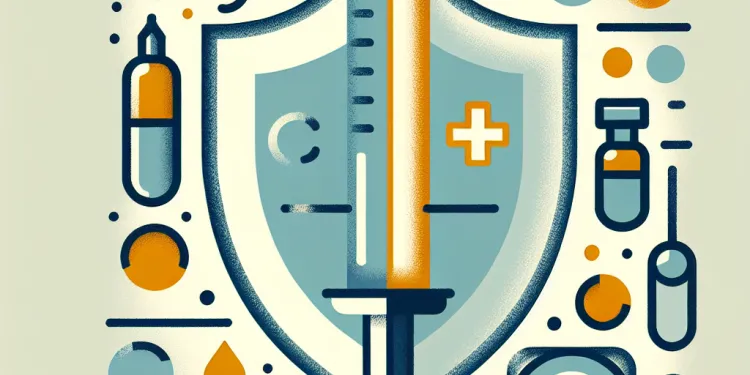
Is there a vaccine for the Zika virus?
Relevance: 66%
-
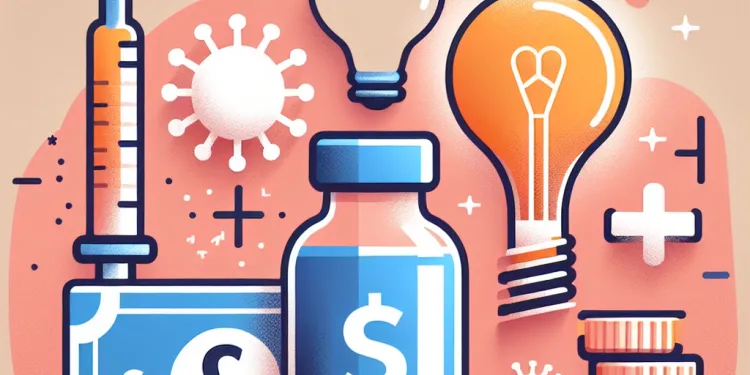
Are vaccines linked to autism?
Relevance: 65%
-
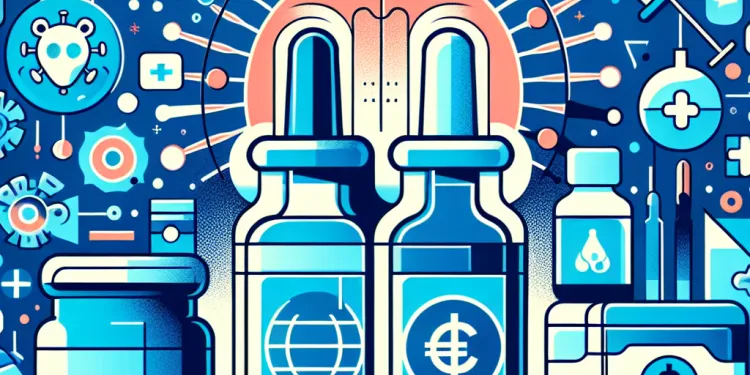
How effective is the MMR vaccine?
Relevance: 65%
-
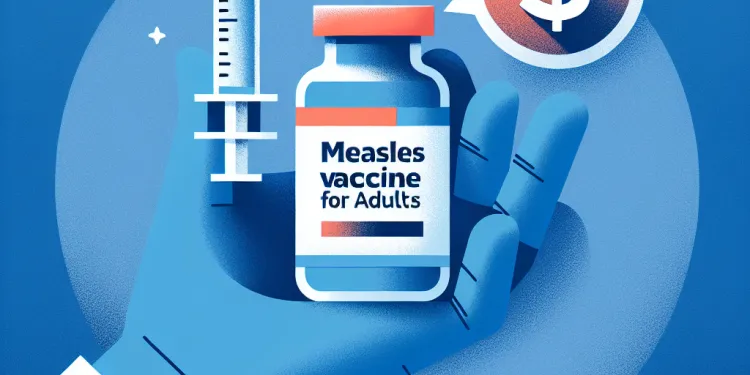
Can the measles vaccine be given to adults?
Relevance: 64%
-
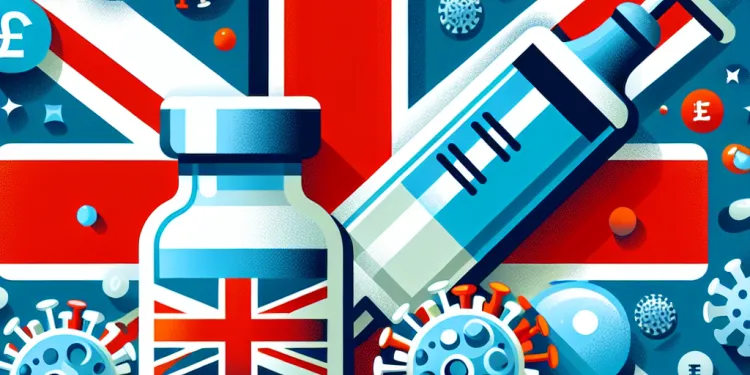
Do vaccines work against new COVID-19 variants?
Relevance: 64%
-

How do I book an appointment for the flu vaccine?
Relevance: 63%
-
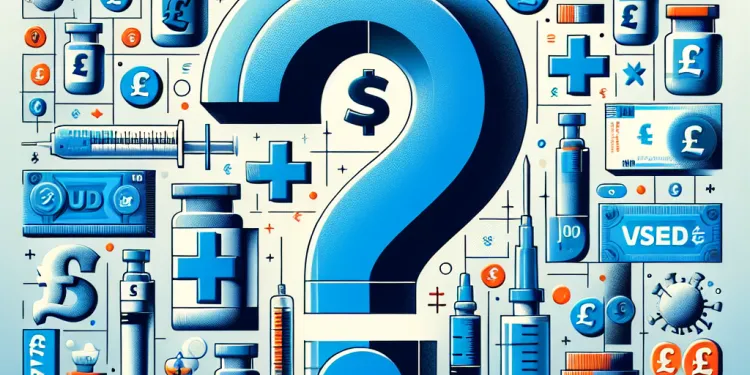
What is a vaccine?
Relevance: 63%
Introduction
Vaccines have been a crucial tool in combating infectious diseases. However, it is not uncommon to hear about people contracting illnesses even after being vaccinated. This prompts the question: why do vaccinated individuals sometimes still get sick? Understanding the reasons behind this can help manage expectations and reinforce the importance of vaccines in public health.
How Vaccines Work
Vaccines function by training the immune system to recognise and combat pathogens like viruses and bacteria. They introduce a harmless component or a weakened form of a pathogen to the body. This triggers the immune system to respond, creating memory cells that remember how to fight the pathogen in the future. This process significantly reduces the likelihood of falling severely ill from the real disease.
Vaccine Effectiveness and Breakthrough Infections
No vaccine is 100% effective. While vaccines reduce the likelihood of contracting an illness, they do not eliminate it entirely. The effectiveness of a vaccine can vary depending on several factors, including the type of vaccine, the individual’s health, and the pathogen itself. When a vaccinated person does contract the disease, it is known as a "breakthrough infection." Such infections tend to be less severe than if the person were unvaccinated.
Factors Influencing Vaccine Effectiveness
Vaccine effectiveness can be influenced by the individual's immune system. Age, underlying health conditions, and immunocompromised states can impact how well a person responds to a vaccine. Additionally, the characteristics of the pathogen, such as its ability to mutate, also play a role. For instance, the emergence of virus variants may affect how well a vaccine performs against the new strain.
The Importance of Herd Immunity
Herd immunity is achieved when a significant portion of the population becomes immune to a disease, making its spread unlikely. Vaccination is a critical component in achieving herd immunity. Even with breakthrough infections, if enough people are vaccinated, the spread of the disease can be controlled, protecting those who are vulnerable or cannot be vaccinated.
Conclusion
Despite the possibility of breakthrough infections, vaccines remain a vital public health tool. They reduce the severity of disease, lower hospitalisation and death rates, and contribute to the broader control of infectious diseases. Understanding that vaccinated individuals may still get sick underlines the importance of continued vaccination efforts and public health measures to protect communities and prevent the spread of infectious diseases.
Introduction
Vaccines help keep us safe from diseases. But sometimes, people can still get sick even after they get a vaccine. Why does this happen? Knowing why helps us understand how vaccines keep us healthy.
How Vaccines Work
Vaccines teach our bodies to fight germs like viruses and bacteria. They do this by showing our body a tiny, safe part of the germ. Our body learns how to fight the real germ later. This means we are less likely to get very sick.
Vaccine Effectiveness and Breakthrough Infections
No vaccine works 100% of the time. Vaccines make it harder to get sick, but not impossible. Sometimes, vaccinated people still get the disease. This is called a "breakthrough infection." But, they usually get less sick than if they were not vaccinated.
Factors Influencing Vaccine Effectiveness
How well a vaccine works can depend on how healthy someone is. Older people or those with health problems might not respond as well to vaccines. Germs can also change, which might make vaccines less effective.
The Importance of Herd Immunity
Herd immunity happens when enough people are protected from a disease, so it does not spread easily. Vaccines help us reach herd immunity. Even if some people still get sick, vaccinating many people protects everyone, especially those who cannot get vaccines.
Conclusion
Vaccines are very important for keeping us and our communities healthy. They help keep diseases from spreading and make the sickness less severe if people do get sick. This is why getting vaccinated is still a good idea.
Frequently Asked Questions
Why can vaccinated individuals still contract illnesses?
Vaccines are highly effective but not 100% foolproof. Some people may still be exposed to a pathogen in enough quantity to cause illness.
Do all vaccines provide complete immunity?
No, most vaccines reduce the risk of severe disease rather than provide absolute immunity.
Is it common for vaccinated individuals to experience mild symptoms?
Yes, vaccinated individuals may experience milder symptoms if they contract the disease.
Can the efficacy of a vaccine degrade over time?
Yes, some vaccines may lose effectiveness over time, necessitating booster doses.
What role does individual immune response play in vaccine effectiveness?
Individual immune responses vary, meaning not everyone gains the same level of protection from a vaccine.
How do variants affect vaccine effectiveness?
Variants of a virus may partially evade immune responses prompted by the vaccine, reducing effectiveness.
Are vaccines still worthwhile if they don't guarantee full protection?
Absolutely, vaccines significantly decrease the likelihood of severe illness and hospitalization.
Do lifestyle and health conditions impact vaccine effectiveness?
Yes, existing health conditions or medications can influence how well a vaccine works.
Can vaccinated people still transmit infections?
Vaccinated people can sometimes spread infections, but the likelihood is reduced compared to unvaccinated individuals.
Why do some people have breakthrough infections despite vaccination?
Breakthrough infections can occur due to high exposure, waning immunity, or variant strains.
What is the importance of herd immunity in relation to vaccinated individuals getting sick?
Herd immunity helps protect the community, including those for whom vaccines are less effective.
Do booster shots help in reducing illness in vaccinated individuals?
Yes, booster shots can enhance and prolong the protective effects of vaccines.
How does the initial response to a vaccine affect later illness susceptibility?
A strong initial immune response generally leads to better long-term protection against illness.
Can environmental factors play a role in vaccine efficacy?
Yes, factors like nutrition and overall health can influence immune response to vaccines.
Do vaccines work equally well for all age groups?
Vaccine efficacy can vary among different age groups, often offering less protection to the elderly.
Why is the concept of 'breakthrough cases' important?
Understanding breakthrough cases helps in assessing vaccine performance and addressing public concerns.
How do public health policies change in light of breakthrough infections?
Public health policies may evolve to recommend additional safety measures and booster doses.
Is severity of the illness reduced in vaccinated breakthrough cases?
Yes, vaccinated individuals experiencing breakthrough illness generally have less severe symptoms.
Should breakthrough infections undermine confidence in vaccines?
No, breakthrough infections are rare and the benefits of vaccination far outweigh the risks.
Why do health professionals still advocate for vaccination despite breakthrough cases?
Vaccination remains the best tool to control outbreaks and protect against severe disease.
Why do people with vaccines still get sick?
Even if you get a vaccine, you might still get sick. Here’s why:
- Vaccines help your body fight germs, but they don’t always stop all of them.
- Sometimes the germs change a bit, and the vaccine might not work as well.
- Not everyone’s body is the same. Some people make more defenses than others.
Always talk to a doctor about the best ways to stay healthy. You can use reminders to keep track of your vaccines too!
Vaccines work really well, but they are not perfect. Sometimes, people can still get sick if they come into contact with a lot of germs.
Do vaccines stop you from getting sick completely?
No, vaccines usually help make the illness less serious instead of stopping it completely.
Do people who got the vaccine usually feel a little sick?
Sometimes, people who get a vaccine might feel a bit unwell. This is normal. It can mean the vaccine is helping your body stay safe from getting really sick later.
If you feel a bit sick after the vaccine, you can:
- Rest and take it easy.
- Drink water.
- Ask an adult for help.
If you are worried, talk to an adult or a doctor.
Yes, if you have had the vaccine, you might get sick but your symptoms could be easier to handle.
Do vaccines stop working over time?
Yes, some vaccines might not work as well after a while. This means you might need another shot, called a booster, to help them work better.
How does each person’s immune system affect how well a vaccine works?
When someone gets a vaccine, their immune system learns to fight a specific germ. But everyone’s body is different, so vaccines can work better for some people than others.
Things like age, health, and other medical conditions can change how well the vaccine works. Doctors study how different people respond to vaccines.
Some people might need extra help, like more vaccine doses, to make sure they are protected.
It's good to talk to a doctor if you have questions about how vaccines work for you.
Supportive tools like picture guides and audio descriptions can help people understand vaccines better.
People's bodies respond differently to vaccines. This means not everyone gets the same protection from a vaccine.
How do different types of a virus affect how well vaccines work?
A virus can change and have different types called variants.
Vaccines help our bodies fight the virus.
Sometimes, if the virus changes a lot, the vaccine might not work as well.
Scientists check if vaccines still work well with new types of the virus.
Using tools like picture charts can help you understand this better.
If you’re unsure, you can ask a parent or teacher to explain.
Changes in a virus can sometimes make vaccines work less well. This is because the virus learns to hide from the body's defenses after a vaccine.
Are vaccines still good if they don't stop all sickness?
Yes, getting vaccines makes it much less likely that you will get very sick or need to go to the hospital.
Do the way we live and our health affect how well a vaccine works?
Vaccines help keep us safe from illnesses. But some things can make them work better or not as well.
1. How You Live
- Eating healthy food can help vaccines work better.
- Getting enough sleep is important.
- Exercising helps too.
2. Health Conditions
- Some people have health problems that can affect vaccines.
- If you are sick, tell the doctor before getting a vaccine.
Using pictures and talking to someone you trust can help you understand more.
Yes, if you have health problems or take medicine, it can change how well a vaccine works.
Can people who got the vaccine still spread germs?
Sometimes, people who got the vaccine can still spread germs to others. Vaccines help protect us, but they do not always stop germs from moving between people.
Here are some tips to help stay safe:
- Wash your hands often with soap and water.
- Wear a mask if you are in a crowded place.
- Cover your mouth and nose when you cough or sneeze.
If you want extra help to understand or remember, you can draw pictures or use sticky notes.
People who get the vaccine can sometimes still spread germs. But, it's less likely than people who don't get the vaccine.
Why do some people get sick even after getting the vaccine?
Some people might still get sick after a vaccine because:
- Vaccines help, but they do not stop all germs.
- Sometimes, a person’s body might not make enough protection.
- Germs can change or become stronger.
It's good to:
- Wash hands often.
- Wear a mask if needed.
- Talk to a doctor or nurse if you feel sick.
Using picture charts or drawing can help understand better. Ask questions if you need more help!
Sometimes people get sick even after getting the vaccine. This can happen if:
- They are around a lot of sick people.
- Their protection from the vaccine gets weaker over time.
- The virus changes into a new form.
If this is confusing, try using tools that read text out loud or highlight words as you read. These can help make it easier to understand.
Why is herd immunity important for vaccinated people not getting sick?
Herd immunity helps protect everyone from getting sick, even those who had shots (vaccines).
It means when lots of people have shots, germs can't spread easily.
This helps keep people healthy and stops sickness from spreading.
Tools like pictures or videos explaining herd immunity can help you understand more.
Herd immunity keeps people safe. It helps everyone, even those who can't get strong protection from vaccines.
Do booster shots help stop people from getting sick?
A booster shot is an extra vaccine dose. It helps keep you safe from getting sick.
Booster shots are for people who had their first vaccine.
They help your body stay strong to fight the germs.
It is good to get the booster shot to stay healthy.
Ask a doctor or nurse if you have questions.
Yes, getting booster shots helps vaccines work better and keeps you safe for longer.
How does your body’s first reaction to a vaccine affect getting sick later?
When you get a vaccine, your body learns how to fight germs. This helps keep you from getting sick in the future. Your body’s first reaction to the vaccine is very important. If your body learns well, you might not get as sick later.
Tools like picture charts can help you understand how vaccines work. You can also ask a friend or adult to explain vaccines to you in simple words.
Your body's first defense against getting sick is important. If it's strong, it helps stop you from getting sick again later.
Can the world around us affect how well vaccines work?
Sometimes, things like weather or air can change how good a vaccine works. When we get a vaccine, it helps keep us safe from sicknesses. But if our surroundings are not healthy, it might be harder for the vaccine to help us.
There are things we can do to help the vaccine work better:
- Eat healthy foods.
- Get lots of rest.
- Wash hands often.
- Stay clean and tidy.
- Talk to a doctor if you have questions.
Yes, things like eating healthy food and being in good health can affect how well vaccines work.
Do vaccines help everyone the same way, no matter how old they are?
Vaccines protect us from getting sick. They might work better for some people than others. Age can make a difference. Kids, adults, and older people might not get the same protection.
Talk to a doctor if you have questions. They can explain more. Drawing pictures and watching videos can also help you understand.
Vaccines work better for some ages than others. They might not protect older people as well.
Why are 'breakthrough cases' important?
A 'breakthrough case' is when someone gets sick even after getting the vaccine.
Understanding these cases helps us learn more about the vaccine and how well it works.
Support tools like picture charts can help explain this topic better. You can also ask a teacher or a friend to help you understand more.
Knowing about breakthrough cases helps us see how well vaccines work and talks about people’s worries.
How do public health rules change because of new infections?
Public health rules are the guidelines that help keep us healthy. Sometimes, people still get sick even when following the rules. These are called breakthrough infections.
When this happens, the health rules may change to keep everyone safe. Here’s how:
- Health experts look at what is happening and why people are getting sick.
- They may ask people to wear masks, wash hands more, or get vaccinated.
- The experts might change the rules so that everyone can stay healthy.
If it is hard to understand the information, you can:
- Ask a friend or family member to explain it to you.
- Use apps that read text out loud.
Health rules might change. They could tell people to use more safety steps and get extra vaccine shots to stay healthy.
Do vaccines make you less sick if you still get the illness?
If you get the vaccine, you might not get as sick even if you catch the illness. Vaccines help your body fight better.
To understand better, you can:
- Ask someone you trust to explain it to you.
- Look at pictures about vaccines.
- Watch a short video about how vaccines work.
Yes, people who got the vaccine and still get sick often do not feel as sick as those who did not get the vaccine.
Do vaccine infections mean we should not trust vaccines?
Getting sick after the vaccine is very rare. The good things about getting the vaccine are much bigger than the risks.
Why do doctors still say we need vaccines even if some people get sick?
Doctors say we need vaccines because they help keep us safe from getting very sick. Even if some people still get sick, vaccines make it less dangerous.
To help you understand more, you can:
- Ask a grown-up to explain it to you.
- Watch a video about how vaccines work.
- Look at pictures that show how vaccines help.
Getting your vaccine is the best way to stop sickness from spreading and helps keep you from getting very sick.
Useful Links
- Ergsy carfully checks the information in the videos we provide here.
- Videos shown by Youtube after a video has completed, have NOT been reviewed by ERGSY.
- To view, click the arrow in centre of video.
- Most of the videos you find here will have subtitles and/or closed captions available.
- You may need to turn these on, and choose your preferred language.
- Go to the video you'd like to watch.
- If closed captions (CC) are available, settings will be visible on the bottom right of the video player.
- To turn on Captions, click settings .
- To turn off Captions, click settings again.
More Items From Ergsy search
-

What are the different types of vaccines?
Relevance: 100%
-

What steps can improve vaccine effectiveness?
Relevance: 91%
-

Can everyone receive vaccines?
Relevance: 91%
-

Are vaccines safe?
Relevance: 85%
-

What is a subunit vaccine?
Relevance: 85%
-

How effective is the flu vaccine?
Relevance: 84%
-

Current Flu Vaccination Recommendations and Availability
Relevance: 83%
-

Can vaccines cause the diseases they protect against?
Relevance: 82%
-

Why do vaccinated people sometimes still get sick?
Relevance: 80%
-

What are vaccines and how do they work?
Relevance: 79%
-

What is a live-attenuated vaccine?
Relevance: 79%
-

Can the flu vaccine give me the flu?
Relevance: 78%
-

What if I'm not eligible for a free flu vaccine, can I still get vaccinated?
Relevance: 77%
-

How is sickle cell disease inherited?
Relevance: 76%
-
Does the flu vaccine protect against COVID-19?
Relevance: 76%
-

Children's Vaccination Schedule
Relevance: 75%
-

Is the flu vaccine free for everyone in the UK?
Relevance: 75%
-

How does vaccination affect measles rates?
Relevance: 74%
-

Can the flu vaccine give you the flu?
Relevance: 72%
-

When is the best time to get the flu vaccine?
Relevance: 72%
-

How do vaccines work?
Relevance: 70%
-

Surge in HPV Vaccination Rates Among Young Women in the UK
Relevance: 70%
-

Has a vaccine been developed against Nipah Virus?
Relevance: 70%
-

Why are vaccines important?
Relevance: 70%
-

Why do some vaccines require multiple doses?
Relevance: 69%
-

Can adults receive the MMR vaccine?
Relevance: 69%
-

Can children receive the flu vaccine as a nasal spray?
Relevance: 69%
-

Can pregnant women get the flu vaccine?
Relevance: 69%
-

How long does it take for the flu vaccine to become effective?
Relevance: 68%
-

Who should get the HPV vaccine?
Relevance: 67%
-

Do I need any vaccine injections for EU countries?
Relevance: 66%
-

What if I have an egg allergy, can I still get the flu vaccine?
Relevance: 66%
-

What is sickle cell disease?
Relevance: 66%
-

Is there a vaccine for the Zika virus?
Relevance: 66%
-

Are vaccines linked to autism?
Relevance: 65%
-

How effective is the MMR vaccine?
Relevance: 65%
-

Can the measles vaccine be given to adults?
Relevance: 64%
-

Do vaccines work against new COVID-19 variants?
Relevance: 64%
-

How do I book an appointment for the flu vaccine?
Relevance: 63%
-

What is a vaccine?
Relevance: 63%